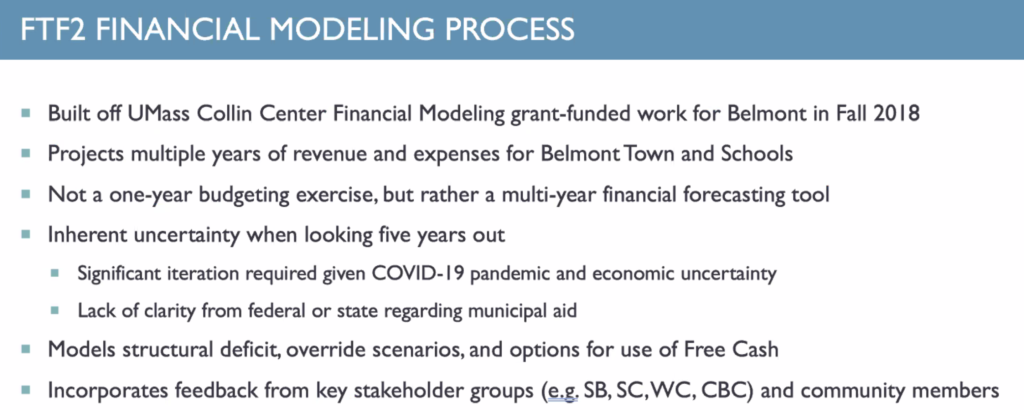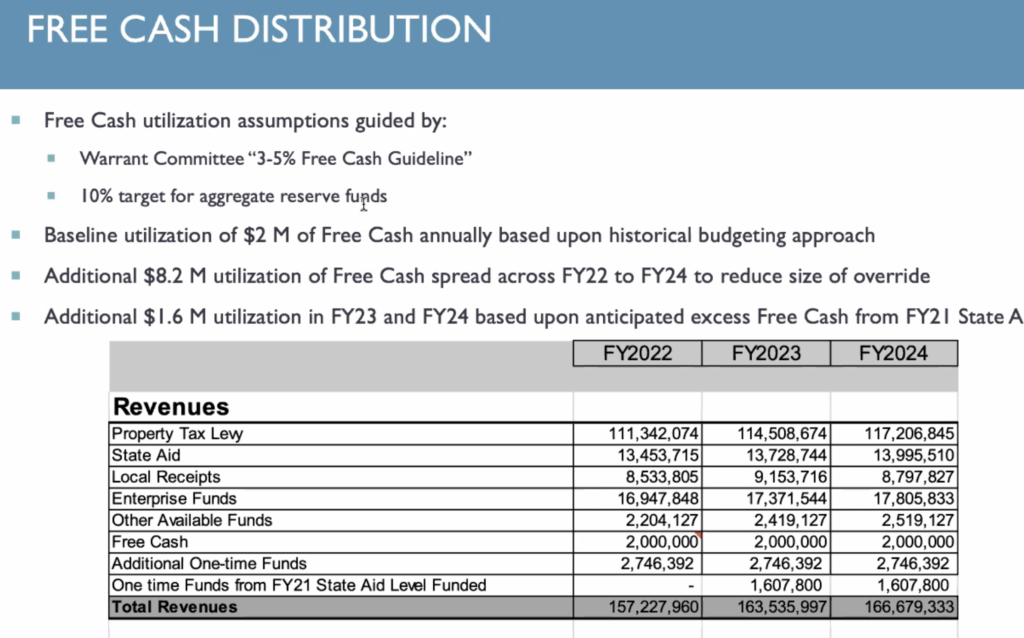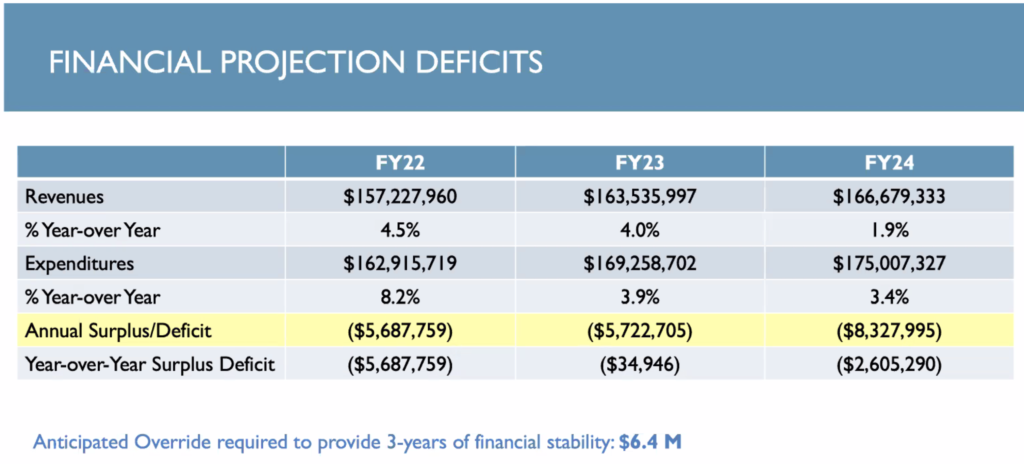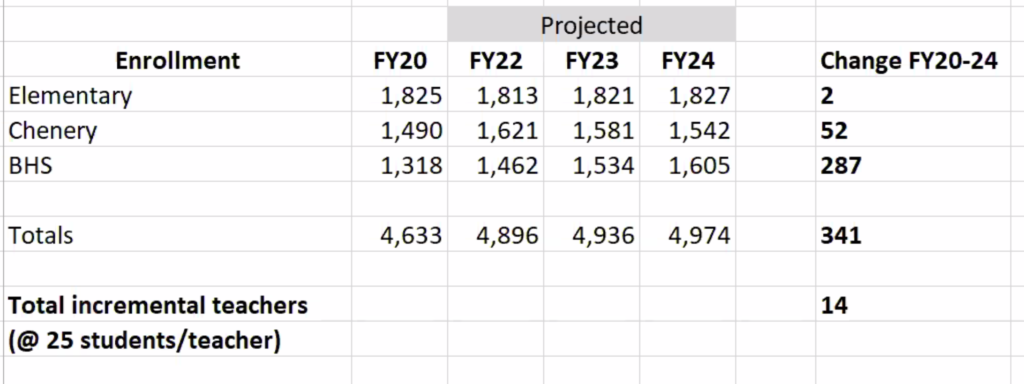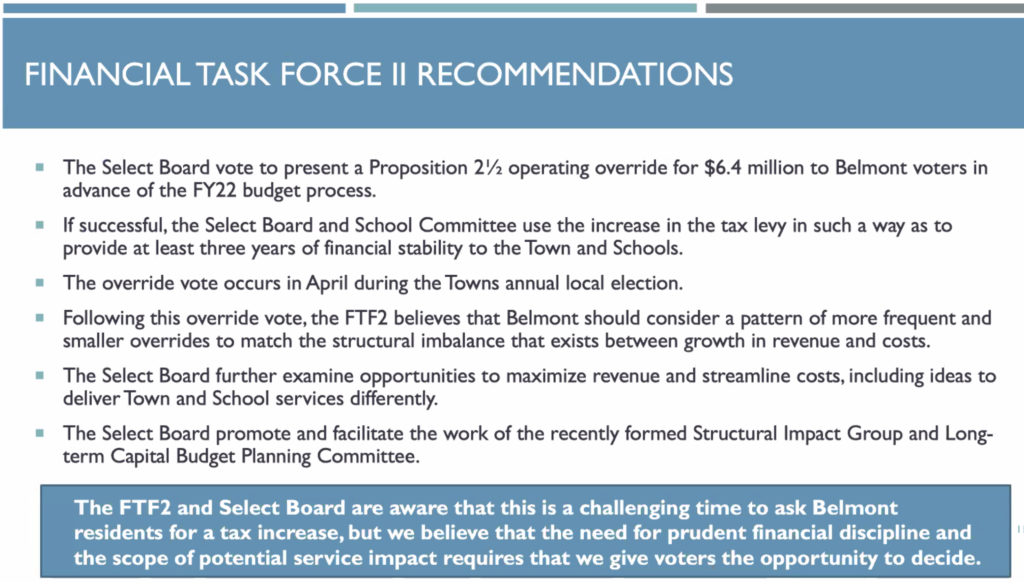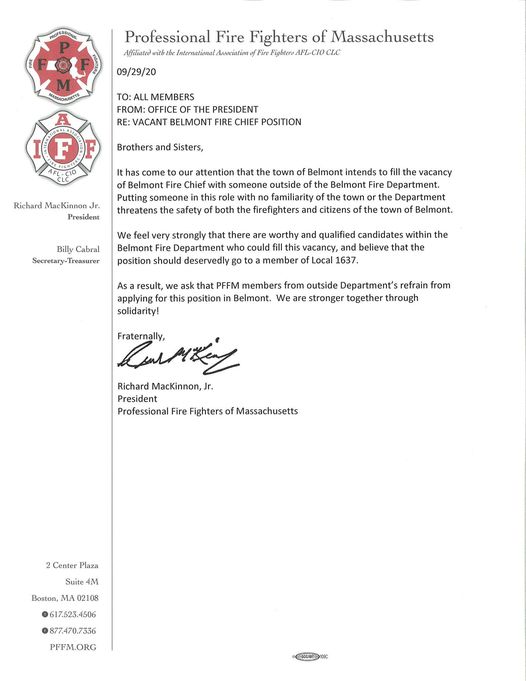Photo: Mark Paolillo
Mark Paolillo will try to prove – in the political sense – Thomas Wolfe wrong: You can return home to elected office.
Paolillo has taken out nomination papers for a return to the Select Board (it was called the Board of Selectmen when he last served) as he will seek a fourth three-year-term after current board member Tom Caputo announced he would not seek re-election, believing he has the background and experience to help Belmont beat back the twin adversaries of a long-term structural deficit and the budgetary impact of COVID-19.
A life-time Belmontian, Paolillo served three consecutive stints on the board beginning in 2010 when he topped a three person field with 45 percent of the vote. He decided in 2019 that nine years was plenty representing Belmont residents.
“Nine years is a long time and it’s time to move on,” he said at the time.
Not that Paolillo had completely retreated from local goverance. In fact, he was been busy around town hall (and on Zoom calls) since leaving the board, most notably serving on the influential Financial Task Force II – which last month recommended a $6.4 million override to be placed on the April 6 town election ballot – and as chair of the police chief search committee.
But when he heard Caputo was not running for a second term, Paolillo decided to place his hat once again into the ring. As Paolillo tells it, he wasn’t considering running this cycle.
“No, not at all. I was hoping Tom would run for re-election and told him that. I would have endorsed his candidacy,” he told the Belmontonian. In fact, he was attempting to recruit people he knew who might be interested in the job.
“When I learned about Tom’s plan prior to his announcement, I reached out to some individuals that have strong financial and leadership skills that would bring diversity to the Board about running. They are not interested at this time.”
With no takers, Paolillo has launched a campaign with an eye on easing the pressures on the town finances.
“We are in a fiscal crisis as a community. I have the institutional knowledge, deep experience and financial skills to help our town navigate thru it,” said Paolillo, who pointed to three major issues that must be tackled.
“Clearly we are in a midst of a pandemic, so the health and safety of our residents is of paramount concern. [Belmont is] in a financial crisis which needs to be addressed and dealt with so we need to focus on long term financial and structural reform,” he said.
“And we need to work more closely with the School Committee and school administration to support their efforts in getting our students back on campus and learning in the classroom,” Paolillo noted.
